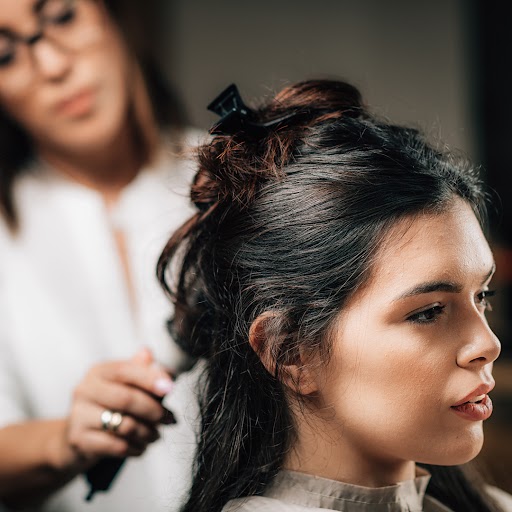Shaving Vs. Waxing
Shaving Vs. Waxing
Hair removal is a major part of our body care routine. There are several methods to get rid of unwanted hair. The most popular among them are shaving and waxing. Each of those methods has its own set of pros and cons.
Women of all ages enjoy smooth, hair-free skin. What about this eternal debate!
It ultimately comes to a personal preference. Here are some of the vital pros and cons which will help you to make an informed decision for yourself.

Understanding: Shaving & Waxing
Shaving is more of a trim that involves the removal of the top layer of your hair with a sharp razor. Whereas waxing is the removal of the hair from the roots using a combination of ingredients that form a hard or soft wax.

Convenience
Shaving: It is as simple as hopping in the shower. Whenever you get the time you just need to grab your razor. It is absolutely the easiest to carry in your kitty bag whenever you travel.
Waxing: A preparation is required whether you book an appointment in the salon or you do it at home.
You can also have it resolved with just one click in the Yes Madam application at your convenient timing sitting at home.
Timing
Our lives have been chased by time and thus it plays an important role in our life.
Shaving: It is a quick process. Depending on the amount of hair you are removing it only involves the steps of adding some soap base on the skin and running the razor.
Waxing: Well, it takes a few steps:
- Ensure optimal length of hair: You need to ensure the length of the hair is about one fourth to three-fourths of an inch long.
- Wash and dry the area: The skin should be prepared thoroughly by cleaning the area by a gentle cleanser to remove the dirt.The skin must be dried after cleaning.Clean and dry skin allows the wax to stick properly.
- Warm the wax: Go through the instructions properly and start heating the wax. The wax must be warm but not warm enough to hurt or burn you. You can always opt for a patch test in your hand for ensuring the temperature.
- Apply the wax: Apply the wax with a stick on the unwanted area of skin. Spread the wax in the direction of the hair growth.
- Apply the cloth strip: After the wax is applied the cloth strip is placed over the wax and pressed firmly.
- Remove the cloth strip: Pull the cloth strip in the opposite direction of the hair growth.
- Soothe your skin: After waxing, pamper your skin with some cold packs. Avoid taking hot baths and showers.

Longevity
Hair growth is variable and it depends on the area of the body. The hair growth in the bikini and underarm areas grows faster than arms and legs.
On average the shaving lasts for 3-4 days as the roots of the hair promote regrowth fast.
On the contrary, waxing lasts for 3-4 weeks as the hair is removed from the roots. Studies say that in the long run, waxing lasts much longer than other hair removal methods like hair removal creams and shaving.
Benefits
Shaving is an easy process that is less expensive than waxing and can be easily done by you frequently within the span of a few days.

Waxing is a bit of a lengthy process which is expensive compared to shaving. It can be done by a professional or by you ( We recommend taking professional help so that the right results can be seen.). As it has a long-lasting effect you do not have to involve yourself in the hassle frequently.
Side effects
Shaving has a low pain level. But whether it is a razor or electric shaver it can cause skin discolouration. The rubbing and scraping of the blades on your skin can cause minor cuts which result in hyperpigmentation. This is the way of healing the skin to the damaged area.
While the pain level may vary from moderate to high while waxing. Initially, it may cause irritation or redness. But waxing helps in de-tan the skin by exfoliating while removing the hair from roots. This process decreases the regrowth of hair, banishing the shaving rashes bidding goodbye to shaving cuts and itching.
The bottom line
Both methods are quite popular and effective in the removal of hair. With both of the techniques having their pros and cons, in the end, it comes down to your personal preference. Both are worth experimenting with and help you to decide, but one should always board a certified dermatologist who can suggest to you the best suitable method for your skin.




Recent Comments